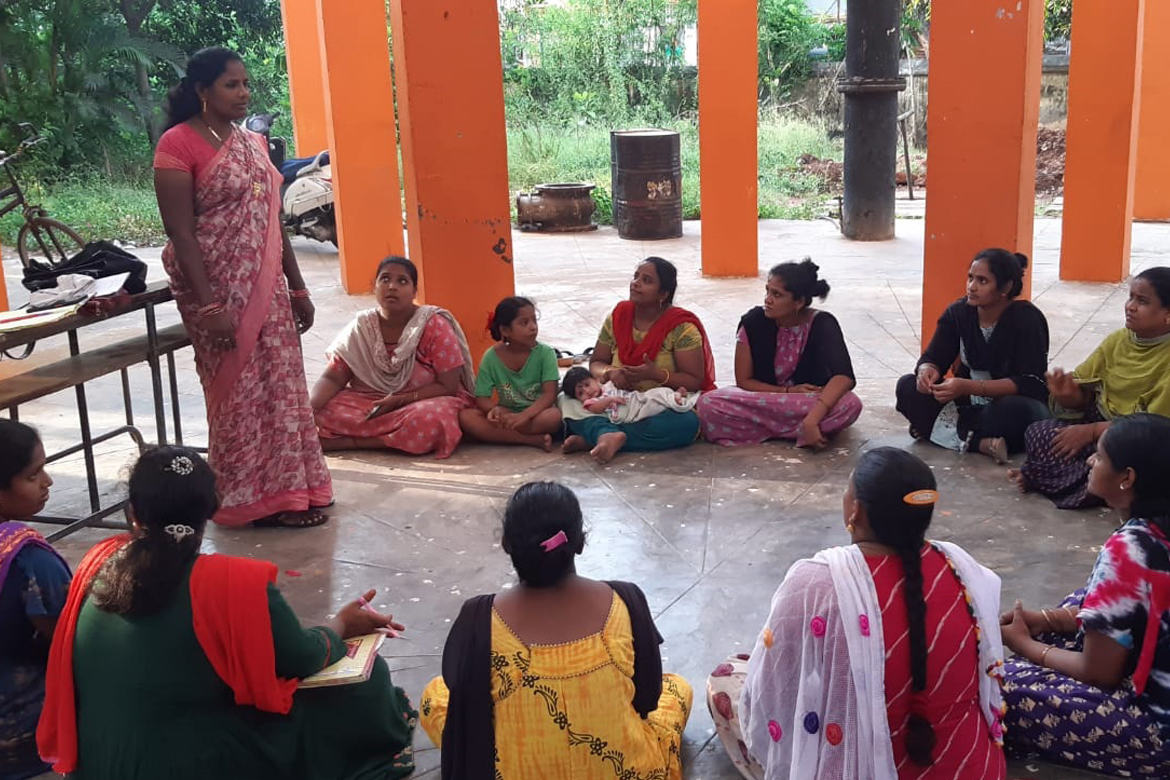Last Wednesday, the Nepali government proposed a controversial rule to restrict the freedom of movement of women under 40, who may now have to seek permission from their family and local government ward prior to travelling abroad alone. This rule is one of the potential amendments to the Immigration Procedures 2008, part of Nepal’s immigration legislation, made in response to increased rates of trafficking and exploitation faced by Nepali women abroad.
Questions and concerns have been raised regarding what is seen as the patriarchal nature of the policy. According to Bijaya Rai Shrestha, chairperson of Aaprabasi Mahila Kamdar Samuha (AMKAS) which supports women migrant workers, “This policy pushes women to use alternate means to migrate, encouraging the use of illegal channels which put them at a higher risk of trafficking and exploitation. Furthermore, our shelter data shows that not only girls and women under 40 are exploited, so how is this policy relevant to the actual problem? The government seems to only care about the health expenses incurred rather than the actual violation of women’s rights. This is extreme violation of CEDAW [the UN Committee on the Elimination of Discrimination against Women], and as a signatory country this policy violates this and our constitutional right to gender equality.”
Article 15 of the CEDAW treaty states that men and women share equal rights in regard to their freedom of movement. Critics argue that if the Nepali government were to enforce such a repressive policy it would break both the UN treaty and Nepal’s constitutional protections. Mohna Ansari, a human rights lawyer, is quoted as saying that the rules would violate “constitutional provisions that guarantee equal and fair treatment of all citizens and call for ending gender-based discrimination”.
Others point out that, while the trafficking of people and other labour rights violations are areas that certainly require more government attention, the proposed policy reduces a highly complex and nuanced problem to one that is gendered and over-simplified, will do nothing to safeguard Nepali migrant workers living abroad, and will ultimately force women into dangerous undocumented employment, increasing their risk of trafficking, exploitation and abuse.
Anti-trafficking practitioners, including those who work directly with migrants, have expressed similar concerns. Organizations that work with trafficking survivors say the policy will widen inequality between men and women, reinforcing the image that women are victims while men are saviors. Additionally, the U.S. Department of State’s 2020 TIP report describes multiple areas of Nepal’s anti-trafficking policy that need to be addressed, including the very low number of cases of male victim identification, which has led to a focus on what are considered to be female-centric problems and policies to combat them.
Practitioners say that amendments such as the strengthening of existing policies and better resourcing of enforcement units would result in more positive advances in victim protection and a reduction in the number of trafficking cases. They point out that, in many cases of trafficking in Nepal and globally, the victim is related to or familiar with their trafficker. In many cases, government officials and the police are complicit actors. Giving authority to family members or local wards will not solve anything because they are part of the problem.
Source: Freedom Collaborative

